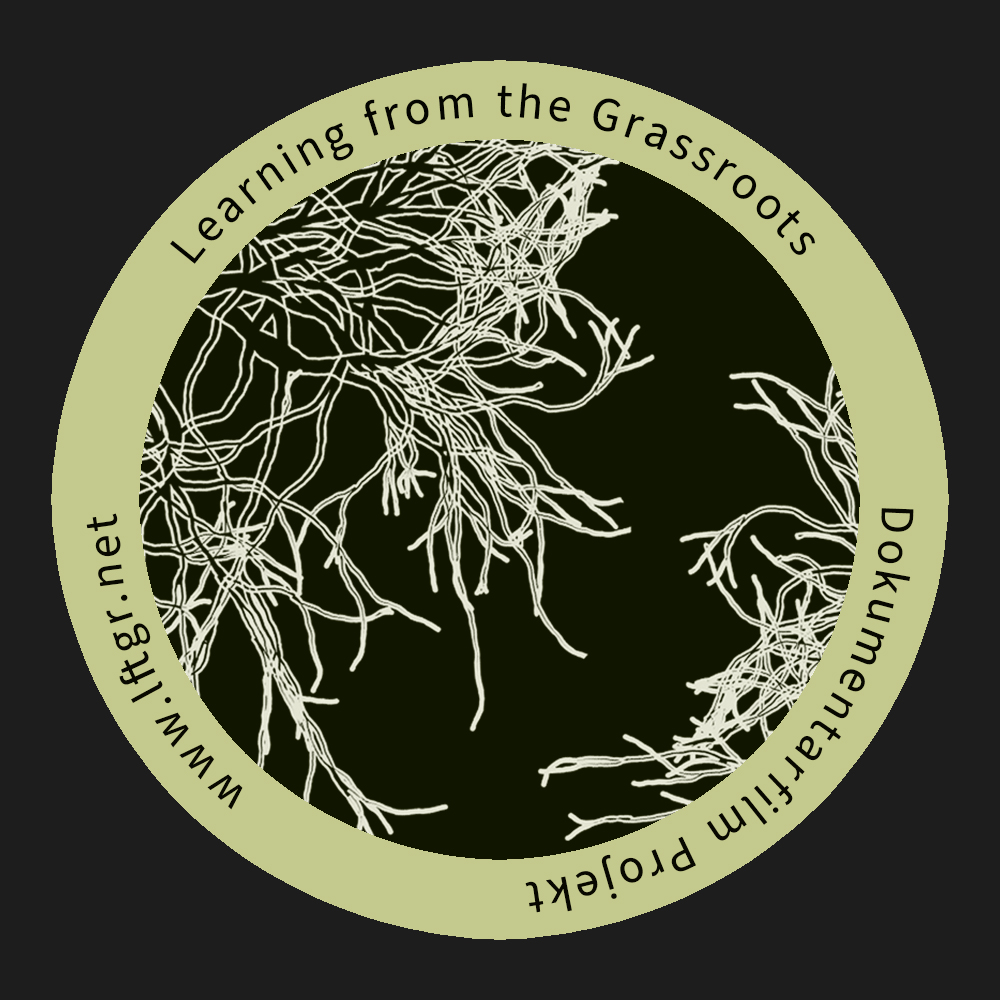Our need to belong to a community, large or small, is a constant in human history. Capitalism, and with it the rise of populism in politics, may have had a tendency – particularly in the West – to emphasise individualism, to isolate the individual and to appeal to the selfishness of the individual, but the basic need to stand up for a common cause, or even to live in a community beyond the nuclear family, has survived.
While the divisive effect of selfishness is well known, individualism need not be a barrier to connecting with others. Rather, individualism leads us to choose more consciously which society we join. Rather than simply being born into a community, in the postmodern age we seek out and shape our communities according to our visions and desires.
Associations form and dissolve so that the community is not bound together for life. Sects are perhaps the remnants of these pre-modern, coercive communities, which tend to be authoritarian because of their tendency to close themselves off. Voluntary associations, on the other hand, can be formed and organized in a more sociocratic way, becoming a model for a freer, less hierarchically organized society. Sociocratic action can be learned and become a habit in clubs, associations and active social networks (i.e. not Facebook and the like).
Clubs, associations and social networks are independent of the state apparatus and often also of economic profit interests. The concept of civil society as a mediating sphere between the state and individual citizens goes back to Montesquieu. According to this concept, civil society can prevent the ruling classes (today huge international cooperations and their political executive parties and lobbies) from ruling despotically. But even in an open society, the space in which public power can unfold has to be fought for again and again through political action.
The philosopher Hannah Arendt describes this collective action as a second birth. According to Arendt, we are born into a world that exists before we are born. But as soon as we become aware of our existence, we intervene in events by speaking and acting. With her concept of natality, Hannah Arendt draws attention to the fact that the unique perspective of the individual awakening to his or her second birth through collective action contains something radically new, a possibility of action that did not exist before. This second birth affirms and takes responsibility for the very fact of being born (Greek: Zoé) through collective, meaningful action.
„Power itself, in its true sense, can never be possessed by one person alone; power always appears in a mysterious way, as it were, when people act together, and it disappears in no less mysterious ways as soon as a person is completely with himself. (H. Arendt)“ 1
1 Hannah Arendt, Über das Wesen des Totalitarismus, in: Politik und Verantwortung. Zur Aktualität von Hannah Arendt, Offizin, 2004, p. 26 (citations from the German edition; English edition: Origins of Totalitarism, Harcourt, Brace, Jovanovich, 1973).

